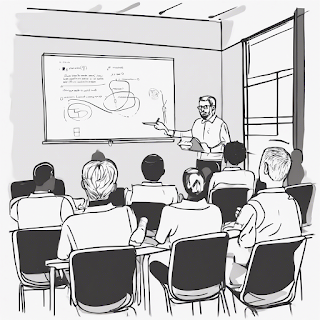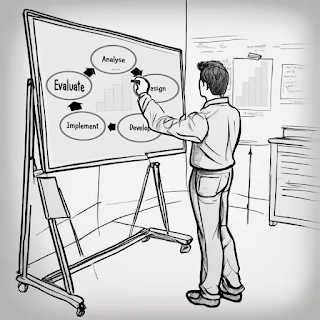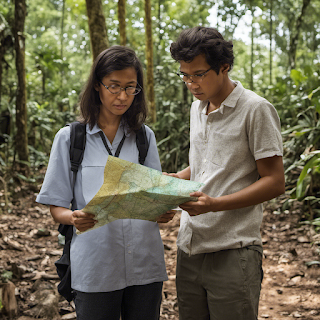ADDIE: The Development Stage

As we progress through the ADDIE (Analysis, Design, Development, Implementation, and Evaluation) process, we now find ourselves at the Development stage. Building on the insights gained from the previous stages, the Development stage plays a pivotal role in shaping the actual learning materials and resources. In this article, we'll explore how the Development stage unfolds. In all stages of the ADDIE process, we recognise that waiting for all aspects of the previous stage to be complete before embarking on the next is inherently risky and can be counterproductive. No more so than in the Development stage. By adopting an iterative approach, Instructional Designers can mitigate those risks and refine their designs based on ongoing feedback and testing. This incremental mindset based on fast feedback allows for flexibility and adaptability, ensuring that the final product meets the evolving needs of learners and organisations. A key aspect of the Development stage is the integrat...





